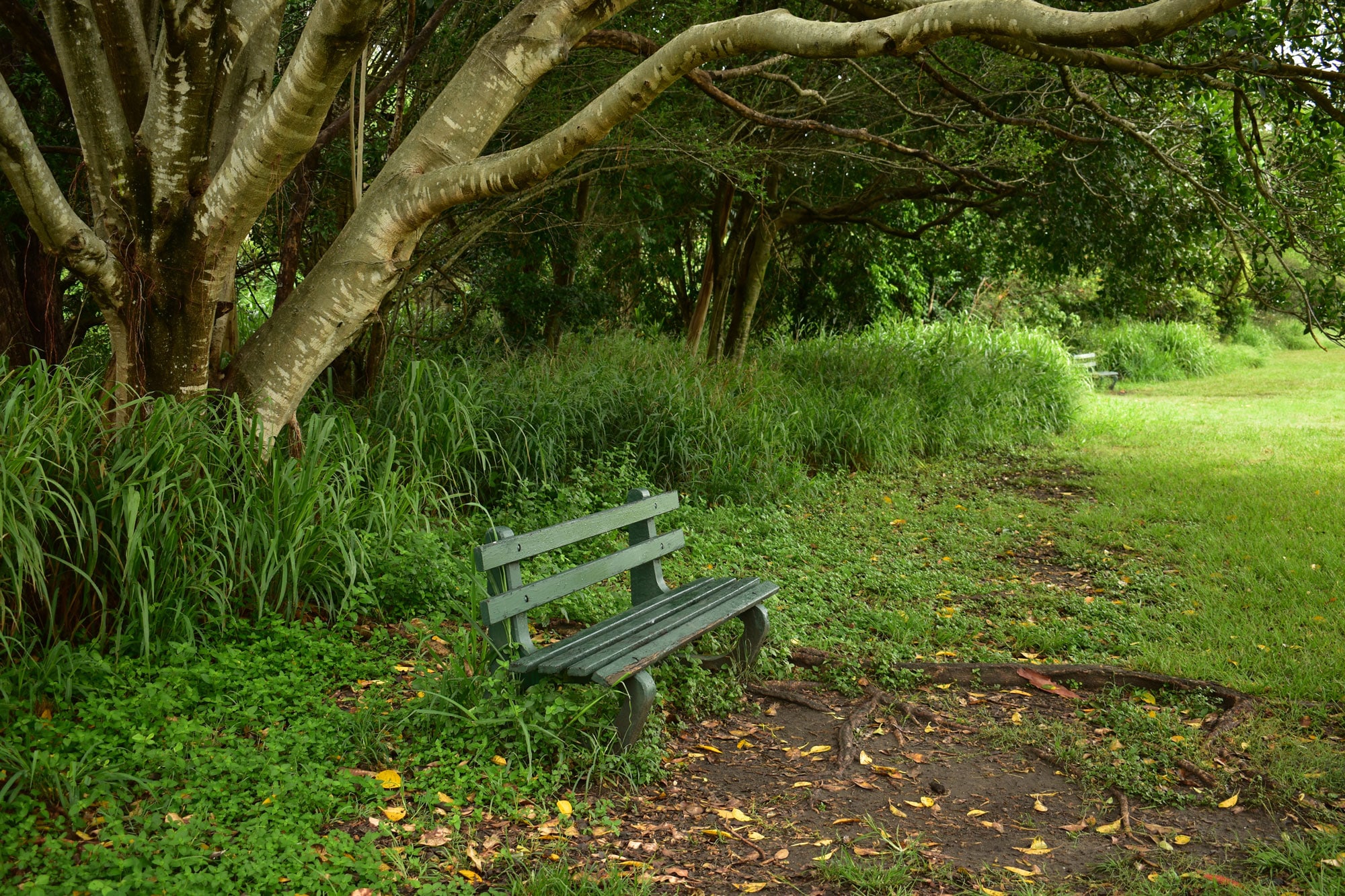As Funeral Directors, Funeral Celebrants and end-of-life Doulas, we at Picaluna, are speaking of death and assisting in planning funeral services every day. Even so, it may be, that we ourselves don’t take enough time to reflect on this topic, as our focus goes to guiding families in organising burial, cremation and ceremonial options.
Death is inevitable and touches us all at some point in our lives. American statesman Benjamin Franklin has been accredited with the statement, “In this world nothing is certain except death and taxes”. Ehsan Sehgal a Dutch poet and author wrote more eloquently that ‘Birth is a start and death is its end and between birth and death is a journey of life’.
Art and literature have long served as vehicles for contemplating mortality. Creatives, from Shakespearean tragedies to poignant paintings, have used their work to explore themes of death, the afterlife, and the human condition.
In the statement “Embracing mortality: a reflection on dying” we are confronted with the same reality, that death comes to all of us. It is a topic that often evokes a sense of foreboding, discomfort, fear, and often sorrow. Nevertheless, acknowledging and contemplating our mortality can lead to profound personal growth and a deeper appreciation of life. This blog aims to explore the concept of death and dying from various perspectives, shedding light on its significance and its impact on the human experience.
The nature of mortality
While grieving the loss of a loved one is an immensely challenging experience, it provides us with a unique opportunity for reflection and an opportunity to celebrate. Death is an inescapable part of the human experience. Throughout history, cultures have grappled with the concept of dying, trying to make sense of its meaning and implications. Some societies have celebrated it as a natural transition, while others have feared its mystery, leading to various religious and philosophical beliefs surrounding the afterlife. These have sometimes naturally made their way into funeral services and practices.
Contemplating death can evoke existential thoughts, prompting individuals to question the purpose of life and the legacy they leave behind. Understanding that our time is limited can motivate us to make the most of the present and pursue what truly matters to us. This realisation can inspire personal growth, leading to more fulfilling and meaningful lives. It is also a common reflection within a funeral service.
The nature of mortality is a fundamental aspect of human existence. It is the certainty that all living beings, including humans, will eventually cease to exist in their physical form. Mortality is a universal experience, transcending cultural, religious, and societal boundaries. It serves as a constant reminder of the impermanence of life and the interconnectedness of all living things.
Despite its inevitability, mortality remains a subject that evokes deep contemplation, fear, and wonder. The awareness of our own mortality shapes our perspectives, values, and priorities in life. It encourages us to make the most the time we have, to cherish our relationships, and to seek meaning and purpose. Mortality also inspires various beliefs and philosophies about the afterlife and the nature of existence beyond the physical realm. Different cultures and religions offer diverse perspectives on what happens after death, ranging from notions of reincarnation, heaven, and hell, to spiritual liberation and oneness with the universe. Below we will investigate Australians’ unique position as a multicultural society.
Mortality as a philosophical question! The reality of mortality can lead to existential questions about the meaning of life and the significance of our actions and contributions. Some find solace in the notion that their legacy will live on through the impact they leave on others, while others seek to find meaning in the present moment and the experiences they encounter. Ultimately, the nature of mortality remains an enigma, one that has captivated human curiosity and contemplation throughout history. Embracing the reality of mortality can encourage us to live more fully, to find purpose and fulfilment, and to appreciate the beauty and fragility of life.
Facing mortality and confronting fear
The prospect of dying can be overwhelming, increasing emotions and stress. People often develop coping mechanisms to deal with this existential uncertainty. Some may find solace in spirituality or religious beliefs, while others find strength in the connections they have with loved ones. Exploring various coping strategies can help us navigate this aspect of life and build resilience in the face of adversity.
One of the most liberating stages of growth in our lives is the acceptance of our mortality. Acknowledging that our life as a closure allows us to open up to the concept that life is short and we need to ‘not sweat the small things’.
Acknowledging the impermanence of life encourages us to let go of trivial concerns and grudges, focusing instead on fostering positive experiences and relationships. Whether we experience the death of a loved one, experience our own near-death experience or are diagnosed with a terminal illness making us hyper aware of our own mortality, our experiences open our minds and allow us to embrace the transience of our existence. Embracing this truth can be a powerful elixir which encourages us to grasp life, witness its beauty and gain an appreciation for life.
Experience in the loss of a loved one opens the door to a complex, however, essential and sometimes overwhelming part of life’s journey. Our immortality truth becomes part of our grief, part of our healing and the funeral process can be a beautiful part of the journey.
Celebrating the life of a loved one can be a beautiful part of the healing process. At Picaluna Funerals we acknowledge the complexities of letting go and excel at planning a memorial service program honouring and personalising celebrations of life passing.
Cultural perspectives on death
Acceptance of mortality can be liberating. Various cultures around the world have unique attitudes and well-defined rituals surrounding death and dying. Exploring these cultural perspectives can provide insights into the diverse ways people approach mortality and cope with loss. Understanding and respecting these practices can promote cultural sensitivity and inclusivity in the face of death.
Australia’s cultural beliefs regarding death are as diverse as its people. Australian traditions, multiculturalism, and religious practices reflect a rich tapestry of perspectives on the afterlife, mourning rituals, funeral rites and ways to honour the deceased. Indigenous Australians have deep-rooted spiritual beliefs regarding death.
For many Indigenous cultures, death is not seen as the end but as a continuation of the journey. Ancestral spirits are believed to watch over the living, and rituals are performed to pay respect to the deceased and ensure their safe passage to the spirit world. These rituals often involve smoking ceremonies, dances, and song-lines. (A songline, also called dreaming track, is one of the paths across the land within the belief systems of the Aboriginal cultures of Australia.)
Australia’s diverse multicultural population brings a wide range of beliefs and practices regarding death. Christianity plays a significant role in Australian cultural beliefs about death. Many Christians believe in an afterlife, with the deceased’s soul transitioning to heaven or hell. A growing number of Australians identify as non-religious or secular. For them, death is often viewed as the natural conclusion of life, without the belief in an afterlife. Australia’s vast landscapes and close proximity to nature influence cultural beliefs about death. Some families choose to hold outdoor funerals or natural burials, embracing the idea of returning to the earth in an eco-friendly manner.
Increasingly, Australians are moving away from sombre mourning rituals and embracing life celebration funerals. These ceremonies focus on honouring the individual’s life, achievements, and cherished memories. They may involve storytelling, uplifting music, and positive reflections. Secular funerals focus on celebrating the life lived and may incorporate personalised elements such as music, poetry, and anecdotes. Working with funeral directors at Picaluna Funerals, individuals are supported to find ways to honour their loved ones that reflect their unique cultural heritage and personal values.
Medical intervention and Palliative care.
Whether expected or accidental, the end of life involves medical professionals and often palliative care. Medical professionals play an integral role with accidental death and palliative care plays a crucial role in caring for individuals at the end of life. Palliative care is designed to improve the quality of life for patients with life-limiting illnesses, it emphasises symptom management and emotional support.
It is essential to consider the impact of outside care on patients and their families and how this can be an area of confusion and conflict for families. Australian culture recognizes the importance of supporting all those who are journeying through the end-of-life experience. Grief counselling, support groups, and community involvement are readily available resources to help individuals cope with the grieving process.
Navigating grief and loss
Experiencing the death of loved ones is an unavoidable part of life. Grief can be a complex and challenging process, but it is essential to acknowledge and honour our feelings during these times. When death is a known we can acknowledge the grief of those we leave behind and limit their burden in many ways. Writing a death plan, pre-organising funeral or memorial service with family members, or organising a pre-paid funeral plan, can help mitigate financial and emotional burdens on the family.
Picaluna Funerals, a leading funeral service in Sydney and Melbourne, can aid with organising a death plan. Not only can funeral plans help protect your loved ones from unnecessary stress at a difficult time they also reduce funeral costs and ensure that your own wishes are known and carried out. Prepaid funeral plans are also available and make sound emotional and financial sense. Decisions about funeral venues, cremation costs, scattering ashes ceremonies, funeral live streaming, funeral wake venues and funeral celebrant costs are several of the ways to alleviate some of the post death stresses.
In conclusion
Embracing the transient nature of existence can lead to a sense of peace and contentment, as we learn to cherish each moment and appreciate the fragility of life. The concept of legacy goes beyond material possessions and wealth, when we lose someone, their memory lives on in the hearts and minds of those they touched. Ultimately, death is a complex and profound subject that continues to be a central part of the human existence. It challenges us to confront our fears, find meaning in the face of uncertainty, and appreciate the fleeting nature of life’s journey. While it may be unsettling to ponder, by acknowledging and embracing the inevitability of death, we can unlock a deeper understanding of life, its purpose and value. As we navigate this inevitable aspect, our perceptions and beliefs about death shape the way we approach the present; and leave a lasting impact on those we leave behind.





